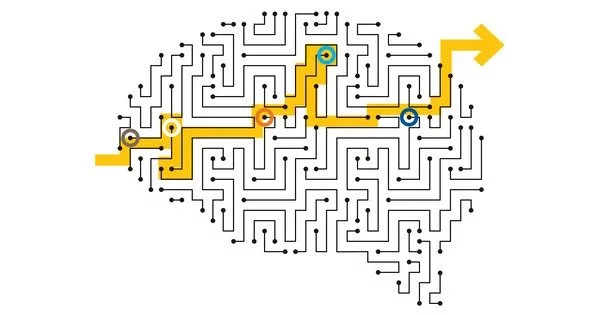Social isolation has been linked to an increased risk of various health problems, including depression, anxiety, cardiovascular disease, and mortality. A recent study suggests that social isolation may also be associated with an increased risk of dementia risk factors.
The new study looked at data from 502,506 UK Biobank participants and 30,097 Canadian Longitudinal Study of Aging participants. Questionnaires were used in both studies to assess loneliness, frequency of social interaction, and social support.
The study discovered a wide range of associations between potentially modifiable ADRD risk factors and loneliness as well as a lack of social support. Individuals who smoked more, excessively drank alcohol, experienced sleep disturbances, and failed to frequently participate in light to vigorous physical activities — all known risk factors for ADRD — had greater odds of being lonely and lacking social support. For instance, in the CLSA, increased regular participation in physical exercise with other people was associated with a 20.1% decrease in the odds of feeling lonely and 26.9% decrease in having poor social support.
Given the uncertain impact of COVID-19’s social distancing measures, our findings highlight the importance of investigating the multiscale effect of social isolation to inform public health interventions for ADRD.
The researchers found that individuals who reported greater social isolation had a higher prevalence of several known risk factors for dementia, including:
- Higher levels of inflammation, as indicated by higher levels of C-reactive protein (CRP), a marker of inflammation in the blood.
- Higher levels of amyloid-beta, a protein that forms plaques in the brains of individuals with Alzheimer’s disease.
- Lower levels of brain-derived neurotrophic factor (BDNF), a protein that promotes the growth and survival of neurons in the brain.
The study also found that individuals who reported greater social isolation had a higher risk of developing dementia over a follow-up period of 4 years, even after accounting for other factors that may contribute to dementia risk, such as age, sex, education level, and cardiovascular risk factors.

Cardiovascular disease, vision or hearing impairment, diabetes, and neurotic and depressive behaviors, which were previously linked to ADRD, were also linked to subjective and objective social isolation. For example, in the UKBB, difficulty hearing with background noise was associated with a 29.0% increase in the odds of feeling lonely and a 9.86% increase in the odds of lacking social support. The odds of feeling lonely and lacking social support were also 3.7 and 1.4 times higher as a function of a participant’s neuroticism score, respectively.
The authors come to the conclusion that social isolation, which is more easily modifiable than genetic or underlying health risk factors, could be a promising target for preventive clinical action and policy interventions.
“Given the uncertain impact of COVID-19’s social distancing measures, our findings highlight the importance of investigating the multiscale effect of social isolation to inform public health interventions for ADRD,” the authors conclude.
The findings suggest that social isolation may be an important modifiable risk factor for dementia, and that efforts to reduce social isolation may help to prevent or delay the onset of dementia in older adults. However, more research is needed to determine the causal relationship between social isolation and dementia risk factors.





